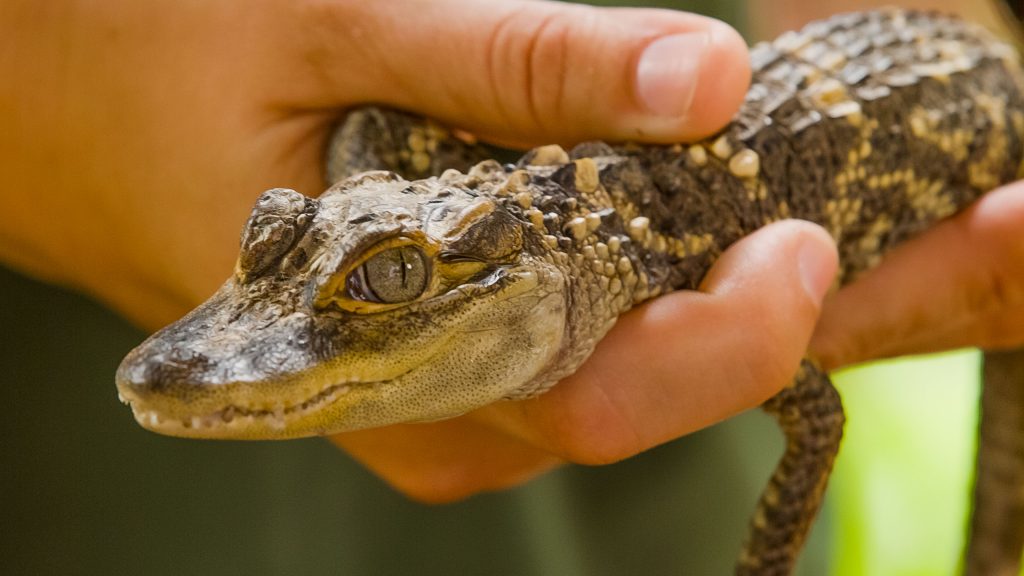
Animal babies are called offspring. Many animals help their offspring survive until they grow strong enough to go off on their own. Parents can feed and protect their offspring.
To better understand how animals help their babies survive…
LET’S BREAK IT DOWN!
Animal babies can communicate with their parents.
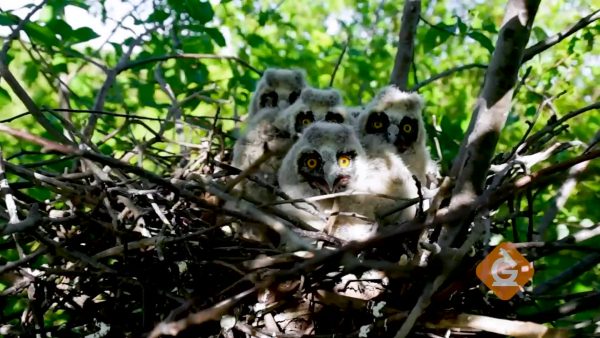
Baby birds chirp to tell their parents that they are hungry. Other baby animals make different noises when they need food. Baby humans cry and puppies whine.

Some animals help their babies in unusual ways.
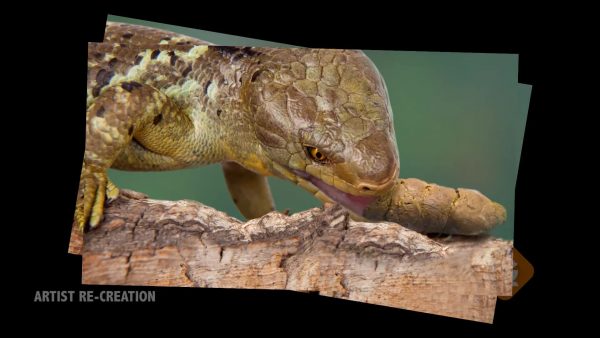
Skink babies can eat the poop of their parents. There are good things in the poop that help the offspring stay healthy. When they are older, they eat bugs.

Animals can protect their babies from predators.
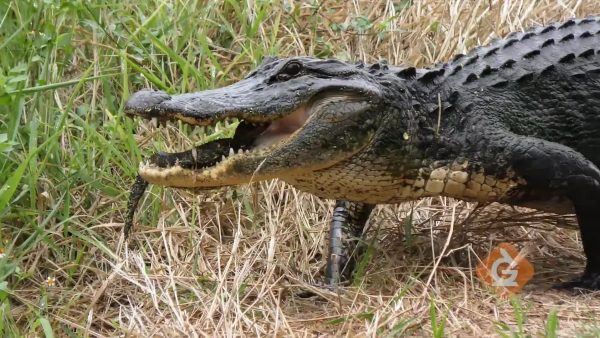
The American alligator can carry babies in its mouth. The alligator is very careful not to hurt them. This allows the alligator to keep them safe from predators.

Some animals have pouches to carry babies.
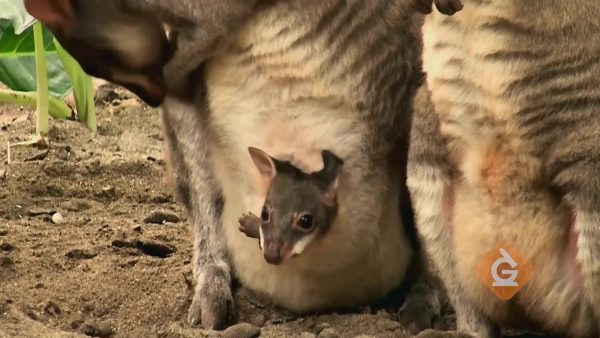
Kangaroos are called marsupials because they have a special pouch for their babies. The babies are warm and are also protected from danger in their mother’s pouch.

Many animals produce milk for their babies.
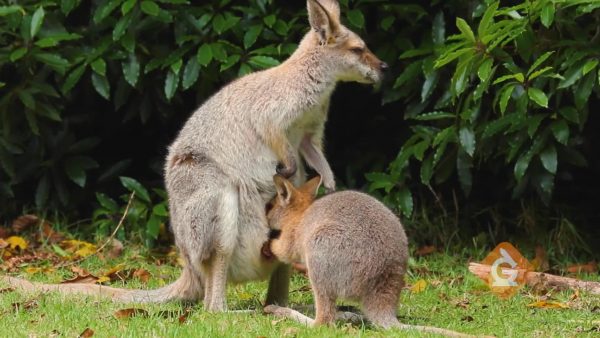
Some baby animals drink their mother’s milk until they are big enough to find their own food. The milk gives the baby animals all the nutrients they need to grow.

QUESTIONS ABOUT ANIMALS HELPING THEIR BABIES
What are some ways that animals help their babies survive?
Why do baby animals need help surviving?
What are some things that animals do to let their parents know they are hungry?
Why does a skink eat its parent’s poop?
What are some ways the American alligator protects its babies?
What are some ways a kangaroo cares for its baby?
Skip, I will use a 3 day free trial
Enjoy your free 30 days trial
We use cookies to make your experience with this site better. By using this site you agree to our use of cookies. Click "Decline" to delete and block any non-essential cookies for this site on this specific property, device, and browser. Please read our privacy policy for more information on the cookies we use.Learn More
We use cookies to improve your experience. By using this site, you agree to our use of cookies. Click "Decline" to block non-essential cookies. See our privacy policy for details.Learn More






